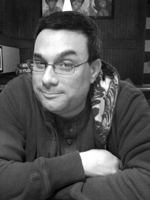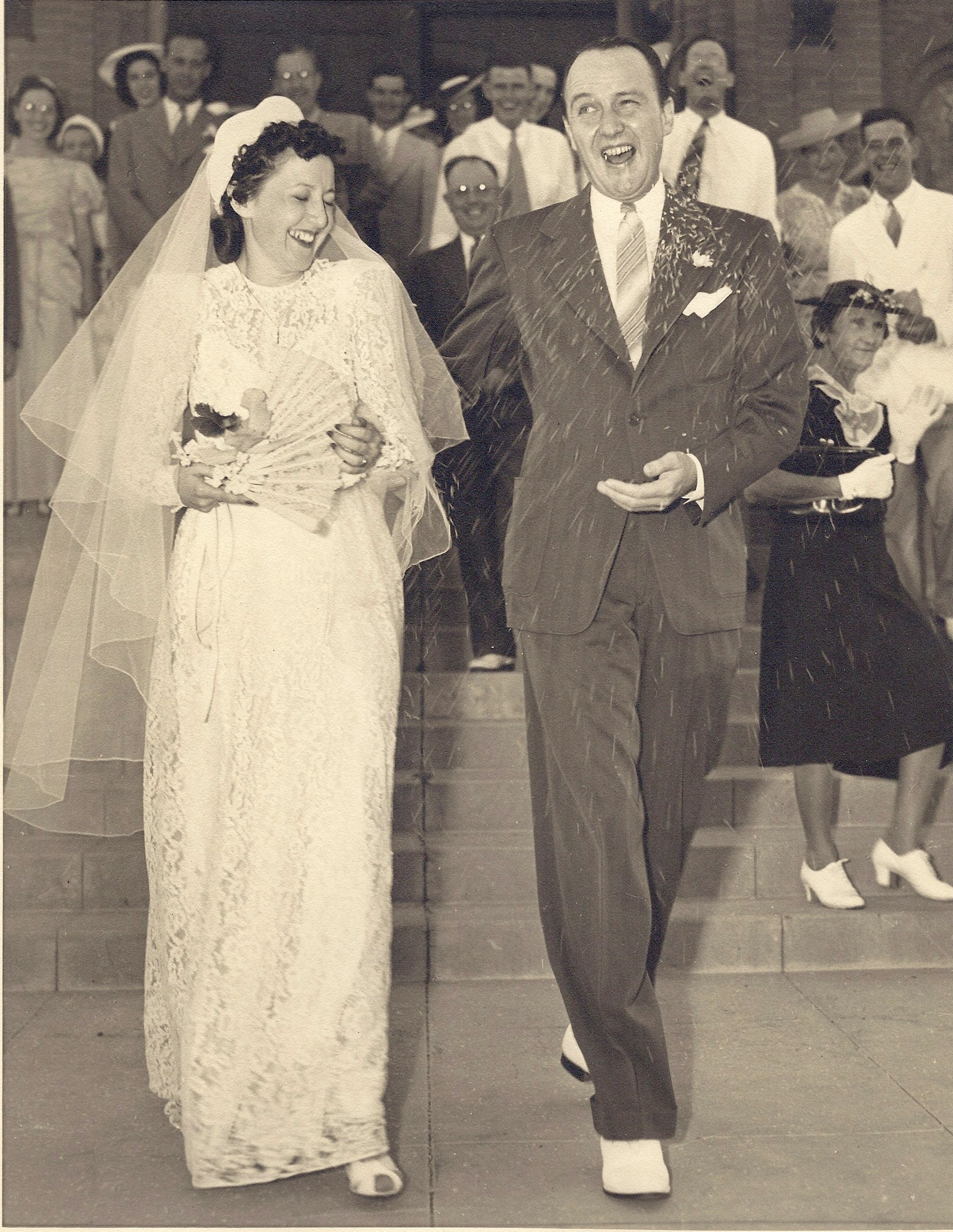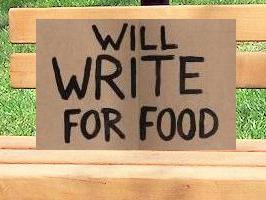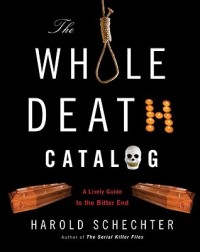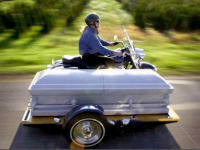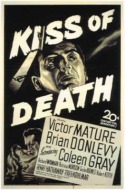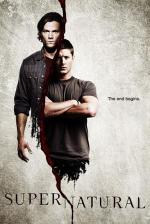by Brett Battles
 Today it is my absolute pleasure to be interviewing our own Zoë Sharp. Her novel, FOURTH DAY, is just out in the U.S., and her follow up, FIFTH VICTIM, hits U.K. shelves March 28th. FOURTH DAY is a fantastic book, that messes around with several preconceived notions that a lot of us have. I thoroughly loved this book. Zoë has created a truly memorable protagonist in Charlie Fox, a tough, smart, talented woman. It’s no wonder that Zoë’s up for the Barry Award for Best British Novel this year!
Today it is my absolute pleasure to be interviewing our own Zoë Sharp. Her novel, FOURTH DAY, is just out in the U.S., and her follow up, FIFTH VICTIM, hits U.K. shelves March 28th. FOURTH DAY is a fantastic book, that messes around with several preconceived notions that a lot of us have. I thoroughly loved this book. Zoë has created a truly memorable protagonist in Charlie Fox, a tough, smart, talented woman. It’s no wonder that Zoë’s up for the Barry Award for Best British Novel this year!
For those of you in Arizona or California this month, and/or are attending Left Coast Crime in Santa Fe March 24th-27th, be sure to check Zoë’s tour schedule, and try to make one of her signings!
Brett Battles: First, congratulations on the US publication of FOURTH DAY, Zoë! Since you and I split Thursdays here at Murderati, I think we might be tempting fate for both of us to appear on the same day. But, the die is cast, so let’s dive in and see what happens.
So I have to say that when I first started reading FOURTH DAY, I thought I was going to have a bone to pick with you. Here you’ve set a novel in my home state of California, and it appears that it centers around a cult! A cult! Don’t you realize we’ve been trying to shed that image for decades? But, I have to say, by the end of the book I had forgotten all about any issues I had. So first question, what led you to center a story around the cult culture?
Zoë Sharp: Thanks, Brett, and it does feel a little weird to be here on the wrong day, doesn’t it? Like we’re going to cause some kind of reality inversion …
Cults of all kinds fascinate me, the way people can have their whole belief system turned on its head. And particularly the idea I developed for Fourth Day – that you can’t be rebuilt until you’ve been broken – which was one that fitted in really well with the psyche of my main protagonist. Charlie Fox has been walking a very thin line between whole and damaged for a while now. I wanted to see what happened when that line was stretched to breaking point. Putting her undercover into a cult, having her challenge her view of herself when she already had doubts about her morality, her code of ethics – and then to have those around her begin to doubt her judgment as well. It all felt exactly right for this character at this time in her life. Basically, she’s looking for redemption.
BB: The Fourth Day organization sounded very believable. At the beginning you do a great job of instilling the cult-vibe. What kind of research did you end up doing?
ZS: A LOT of reading, and I did get to talk to a few people who had been involved in cults at one time or another, which was always invaluable for that extra bit of insight. But, as I’m sure you always find with research, you do huge amounts of it, only to discard about ninety percent. I was not intending to write a California guide book, nor an in-depth exposé of cults in general. Fourth Day is not your average kind of cult, so I knew I didn’t have to follow the rules. I was aiming for verisimilitude, an appearance of reality, rather than outright accuracy. Liberating, in its way.
BB: Any fascinating tidbits you learned that you ended up not using you could share?
ZS: Well, I could tell you, but then I’d have to kill you … Hey, do you think I could hire Jonathan Quinn to come and dispose of your body?
Erm, Brett, you’re not smiling. I was kidding, OK? Put that chair down …
I did a lot of research about the Branch Davidians in Waco and a nice little piece of info that emerged was that as well as the 75 ATF agents and 10 Texas National Guard counter-drug personnel, plus hundreds of agents from other federal agencies, there were also ten US Special Forces soldiers and two members of 22 Regiment – the British SAS – present as ‘observers’. That little fact sets off all kinds of ‘what if’ scenarios in my mind. I didn’t use it as such, but let me just say that it explains how a couple of guys who were not part of the official federal response to Fourth Day could be present and at least peripherally involved.
I also discovered that the military advisors at Waco recommended the ATF agents had their blood type written on their arms or neck after leaving the staging area and before the raid on the Mount Carmel Center compound. That was another little fact out of pages and pages of information that really stood out to me. I mean, it’s pretty chilling when you think about it. They were as good as telling these guys they were going to get badly injured enough to require blood transfusion. So I twisted it around a little and used it.
Interestingly, though, when I emailed various contacts in SWAT or law enforcement and asked how they would go about attacking or defending such a compound, everybody assumed I wanted to know from the point of view of the aggressors, not the defenders …
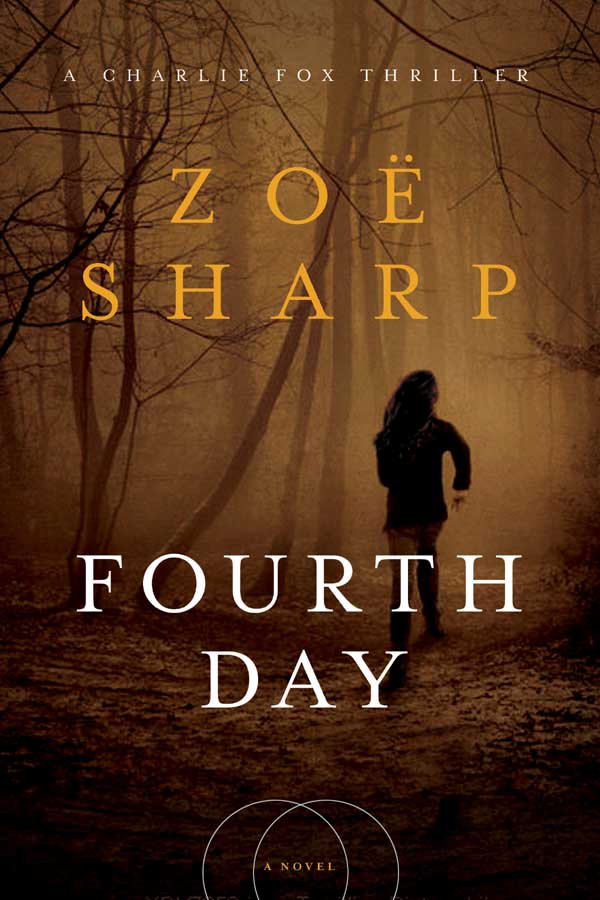 BB: In defense of my beloved state, why did you decide to set FOURTH DAY in California?
BB: In defense of my beloved state, why did you decide to set FOURTH DAY in California?
ZS: Yeah, I had to laugh when you said about picking a bone with me over having a cult in California as the plot of FOURTH DAY. I thought it might provoke that kind of instant reaction – or anti-reaction – which was part of the reason for writing the book. I wanted to take what might have been a same-old, same-old storyline, and put a fresh slant on it. There were various geographical factors that meant California fitted the bill as a location. I also wanted a desert area for its symbolism – Charlie walks out into the wilderness at the start of her search for some kind of self-awareness, for truth. And besides, she had spent a lot of time on the east coast – it was time she headed west for a little sunshine.
BB: What I loved about this story is how you play against preconceived notions, and twist things in unexpected ways. Was that part of the plan from the beginning? Do you rigorously plot that kind of stuff out first?
ZS: Yeah, I have to say it was part of the plan. I don’t like taking the easy way, the line of least resistance. I set a previous book – ROAD KILL – in Northern Ireland, and didn’t go down the paramilitary route. I also had Charlie joining a group of bikers as the main characters for that book – and not a meth lab in sight!
I am a plotter and an outliner I’m afraid. The first thing I write is always the flap copy. I need to know if the basic idea is strong enough to grab me, whether I can get the crux of it across in half a page, make it sound like something I’D like to read, never mind anyone else.
I like to do a basic outline, with the main points, then go over it several times, interweaving the characters and the storyline until I have something both tight and complex. The more I can get the differing strands to weave back into the whole, the stronger the story feels to me. Then I do a final outline that is just from Charlie’s POV. Writing in first-person, she can’t know anything that doesn’t come to her directly, so I like to know in advance how she discovers all the facts in as believable way as possible. I hate books that end with pages and pages of exposition to explain how everything worked out.
 I know some people say that if they outline too much, it makes the story boring for them to write, because they know what’s coming next. I don’t find that at all. Instead, knowing the destination frees me up to really enjoy the journey. And knowing WHAT is about to happen is not the same as knowing exactly HOW it’s going to happen. That’s the fun part to write.
I know some people say that if they outline too much, it makes the story boring for them to write, because they know what’s coming next. I don’t find that at all. Instead, knowing the destination frees me up to really enjoy the journey. And knowing WHAT is about to happen is not the same as knowing exactly HOW it’s going to happen. That’s the fun part to write.
BB: Yeah, we’re on different sides of the fence on that one. I’m one of those people who gets bored if I outline too much. But that’s what’s great about this business. No two methods are alike.
I read somewhere where you said you created Charlie Fox in a kind of response to the lack of strong female characters you saw in other stories at the time. You also mentioned that you didn’t want her to be a guy in a skirt. Well, I think I can say that you’ve certainly accomplished that. Charlie is a kick ass protagonist who is very much a woman. You push her to her limits, and definitely put her through the ringer in FOURTH DAY. I’m wondering if you set out to see how much she can take, and if you’ve ever pushed her too far and had to reel it back some…?
ZS: I grew up reading good old-fashioned thrillers, where the men were men and the women screamed or fainted a lot, or twisted their ankles at vital moments. Charlie was definitely a response to that. I wanted someone who could do her own fighting and was more likely to be in the rescue party than be in need of rescuing.
I always like to pressure-test my character. How people react under extreme circumstances so often defines them. Charlie is very cool and almost clinical in violent situations, which led one reviewer to suggest her attitude to violence bordered on casual. But that’s not it at all – she feels it, but she is professional enough to keep it buttoned down until later. It’s still not as acceptable for women to be capable of acts of violence in fiction. They are so often portrayed as victims. She has been a victim in the past, and made a decision a long time ago that she was never going to be put in that kind of position again. It’s her driving force.
Have I ever had to reel it back some? Well, there was this small torture scene in THIRD STRIKE, which was there to demonstrate how a fundamentally ‘good’ person can be pushed to do unthinkable acts in extreme situations. I thought it was actually quite lightly sketched. A bit like the shower scene in ‘Psycho’ – you think it’s real slasher stuff, but in fact you never see the knife go in. It all happens in the spaces between. So, with the scene in the book, there’s no gleeful wading through gore – I don’t do gratuitous violence – but it was quite a disturbing scene. My US editor made me take out the one paragraph that described what was actually happening, and I think she was quite right. Like that shower scene, you get the full picture in the spaces between the words.
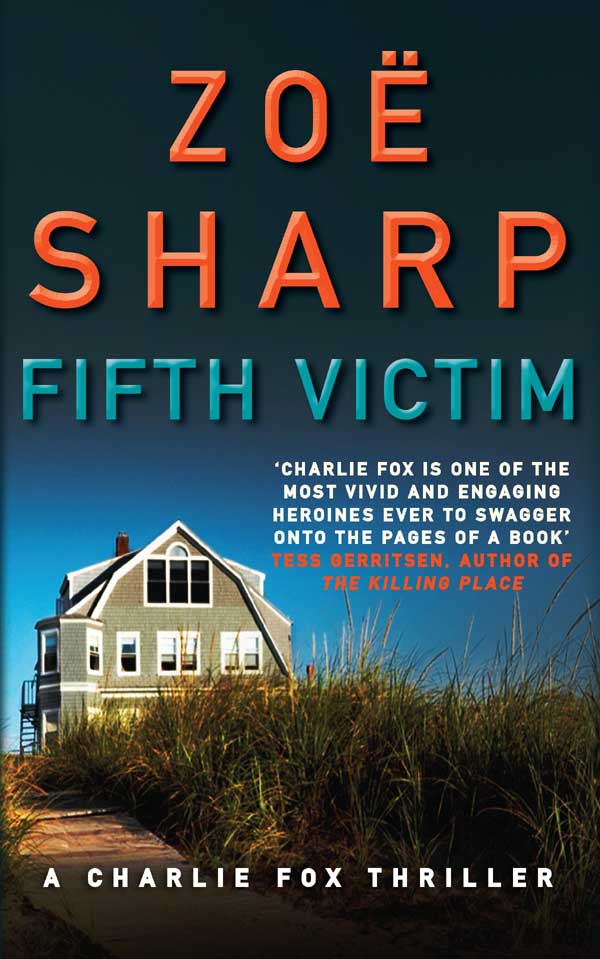 BB: FOURTH DAY is your eighth Charlie Fox novel, and the ninth, FIFTH VICTIM, will be out in the UK this month, with a Charlie Fox short story, ‘Off Duty’ available as a bonus download. How do you go about keeping the series fresh for yourself? Or is that even an issue?
BB: FOURTH DAY is your eighth Charlie Fox novel, and the ninth, FIFTH VICTIM, will be out in the UK this month, with a Charlie Fox short story, ‘Off Duty’ available as a bonus download. How do you go about keeping the series fresh for yourself? Or is that even an issue?
ZS: ‘Off Duty’ was written as a filler story that happens between the events of SECOND SHOT and THIRD STRIKE. In fact, there’s a very small reference to it in THIRD STRIKE, if you read closely enough! I like to come back to ideas from short stories and weave them in. One of the characters from a short called ‘Postcards From Another Country’ which I wrote for the mass market paperback US edition of FIRST DROP pops up again in FIFTH VICTIM, for instance. Things like that all help to keep things fresh.
You have a choice when you begin to write a series. You can either keep the main character unchanging or you can progress them as the series develops. I chose to progress Charlie as the books go on, so there is always a new personal challenge for her to face. Each book has a journey for the character as well as the main sequence of the plot. Tying the two together makes for a more complex and – I hope – ultimately a more satisfying read.
BB: When will the FIFTH VICTIM be available in the states?
ZS: Pegasus Books, who publish FOURTH DAY, will be bringing out FIFTH VICTIM next year. I’ve already seen the proposed cover for the US edition, and it’s stunning.
BB: Are you sticking strictly with Charlie, or have you considered writing a book or even series with other characters?
ZS: I keep trying out new characters in short story form. I have a lot of ideas buzzing around in my head, and I’ve had a supernatural thriller bubbling away in the back of my mind for years. I think it would make a great novel, or graphic novel, or a screenplay. One day, I’ll get around to writing it – maybe even as a collaboration …
BB: You’ve written elsewhere that the most influential book you read growing up was BLACK BEAUTY. Is there also one you could describe as the most influential book you’ve read as an adult? If so, what is it?
ZS: It’s quite true about BLACK BEAUTY. It was a book that changed attitudes and laws in Victorian England – for the better. What greater legacy could a writer wish for? But the most influential book I’ve read as an adult? Hmm, that’s a difficult one. Possibly THE RUBÁIYÁT OF OMAR KHAYYÁM or simply THE CHAMBERS DICTIONARY.
BB: Major congratulations are in order for your Barry Award nomination for Best British Novel! So tell us, how did you find out, and what was your first reaction?
 ZS: I had an email from Judy Bobalik with the shortlists, which was amazing. I love the way an email can turn up out of the blue and make you smile all day. My first reaction, looking at the other authors, was that I’m the rank outsider! But at least I get to bask in the reflected glory until the results are announced at Bouchercon in September.
ZS: I had an email from Judy Bobalik with the shortlists, which was amazing. I love the way an email can turn up out of the blue and make you smile all day. My first reaction, looking at the other authors, was that I’m the rank outsider! But at least I get to bask in the reflected glory until the results are announced at Bouchercon in September.
I’d only just got the news that the ITW book of essays, THRILLERS: 100 MUST READS, was up for an Edgar Award in the Best Critical Biographical category. I was one of many contributors, who must all be thrilled (no pun intended) to be nominated.
BB: And, finally, the “what can we expect next” question. So, Zoë, we know that FIFTH VICTIM is almost out in the UK and will be coming to the US next, but what about after that? What can your readers expect after that?
ZS: I’m already into the next Charlie Fox book, which is set in New Orleans. And, incidentally, a character mentioned in ‘Served Cold’, which appeared in the A HELL OF A WOMAN anthology, has found his way into the new book. We visited New Orleans last summer, when we were staying with Toni McGee Causey, and it’s a fascinating place, with a real split personality. I like the experience of light and dark, and if you can get that from a location, it adds so much to the tone of the story. Rest assured that she won’t be there simply to enjoy Mardi Gras and eat crawfish …
BB: Thanks, Zoë!
ZS: Brett, it’s been a pleasure. And hey, I like what you’ve done with the space. Looks different from this side. Next time, you come over to my place and we’ll talk about THE SILENCED.
BB: Sounds like a plan! All right, all, feel free to ask some questions in the comments section. Though I’m told she’ll be a bit jetlagged, Zoë’s promised to check in as much as possible. Let the commenting begin!
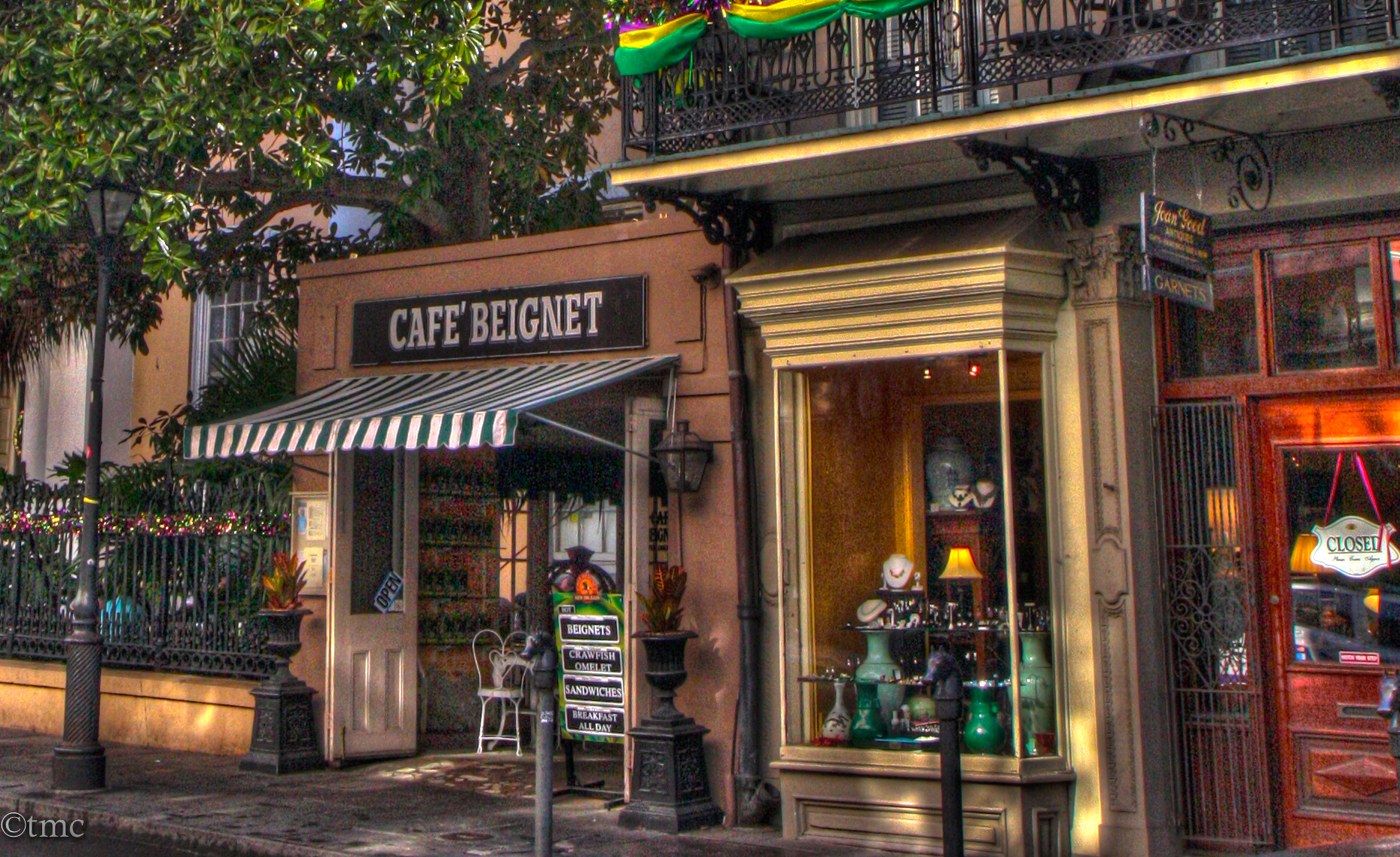 There are several dozen things to do and see all within walking distance, or a very short drive, which is appealing. [Just last Sunday, for example, we had lunch at a local cafe and then wandered down Royal, meandering into art galleries. One of the managers of the galleries showed off some of their very expensive originals that they keep locked in a back room.
There are several dozen things to do and see all within walking distance, or a very short drive, which is appealing. [Just last Sunday, for example, we had lunch at a local cafe and then wandered down Royal, meandering into art galleries. One of the managers of the galleries showed off some of their very expensive originals that they keep locked in a back room.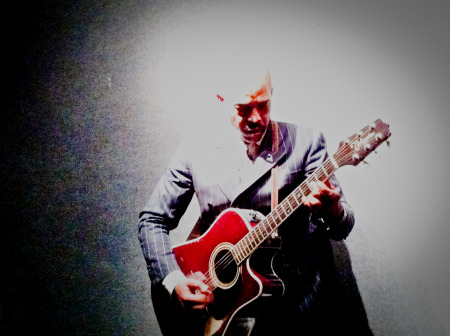 Carl admired his guitar, and before we knew what was happening, we were seated on a sofa and he was jamming out old Johnny Cash songs, playing for us like we were a room of a thousand: so much energy and enthusiasm, and talent, and when it was over, it felt like an event.]
Carl admired his guitar, and before we knew what was happening, we were seated on a sofa and he was jamming out old Johnny Cash songs, playing for us like we were a room of a thousand: so much energy and enthusiasm, and talent, and when it was over, it felt like an event.] well, it’s all of those things combined – but what I like best are the very early mornings when dawn is cracking open the sky over the old buildings, some which have been here since the early 1800s, and you get to see the real Quarter – the people who work here, prepping for the day ahead. Someone pressure washing a sidewalk, someone else setting up a restaurant, delivery men shouting to each other the news of the day as they pass, a few drunk tourists trying to toddle home, doing that ‘I’m not really drunk’ walk where they stare straight ahead, zombie-like, trying to fool everyone and failing exponentially. Living here is a bit like living out behind the big top of a circus, where you see the equipment piled up, the magicians prepping the show for the night to come, where musicians are winding down and counting their tips and the dancers and bouncers are warily walking to their cars.
well, it’s all of those things combined – but what I like best are the very early mornings when dawn is cracking open the sky over the old buildings, some which have been here since the early 1800s, and you get to see the real Quarter – the people who work here, prepping for the day ahead. Someone pressure washing a sidewalk, someone else setting up a restaurant, delivery men shouting to each other the news of the day as they pass, a few drunk tourists trying to toddle home, doing that ‘I’m not really drunk’ walk where they stare straight ahead, zombie-like, trying to fool everyone and failing exponentially. Living here is a bit like living out behind the big top of a circus, where you see the equipment piled up, the magicians prepping the show for the night to come, where musicians are winding down and counting their tips and the dancers and bouncers are warily walking to their cars. 
